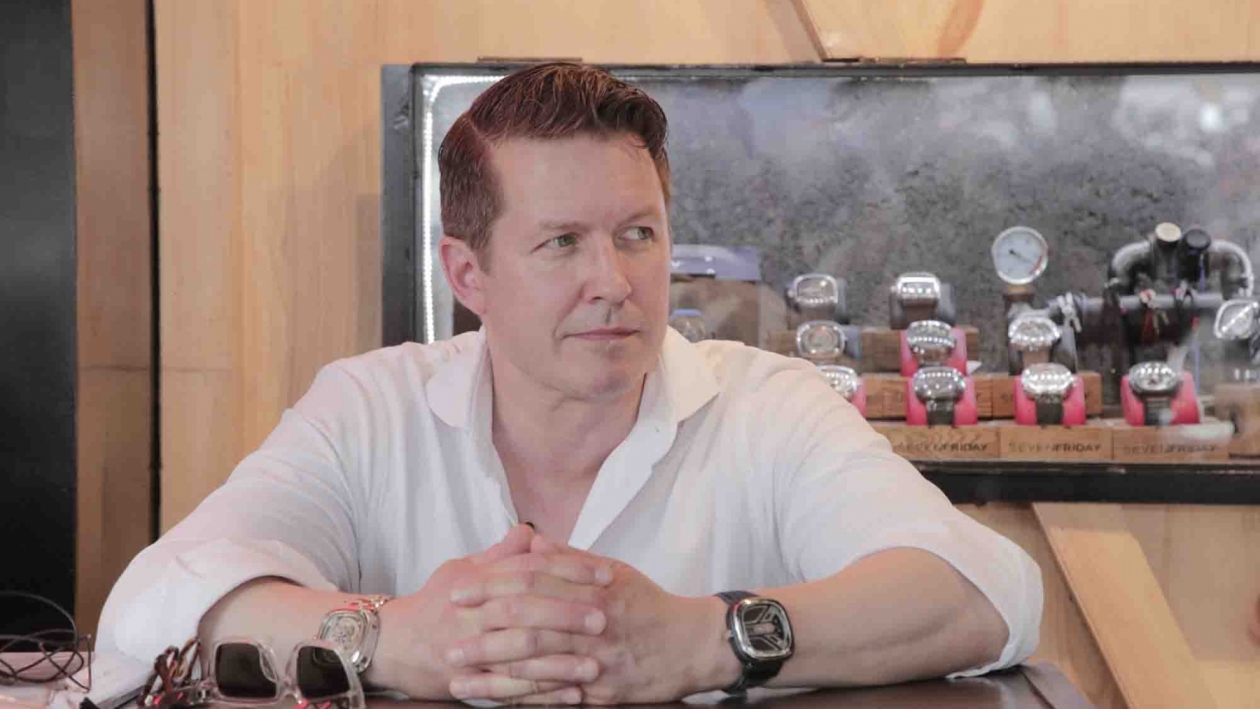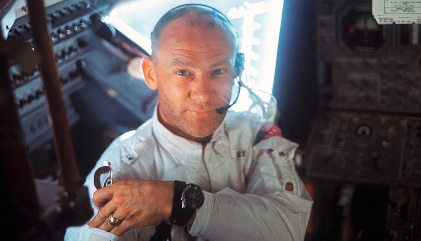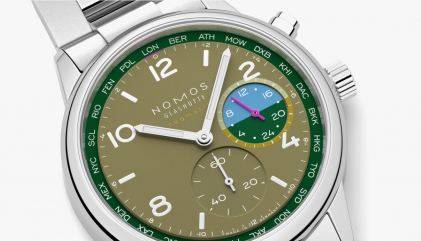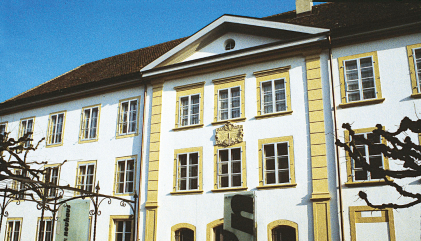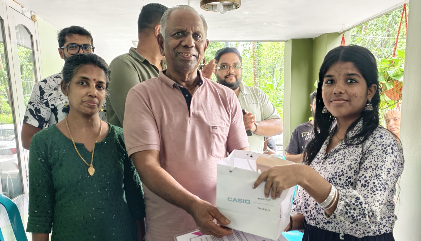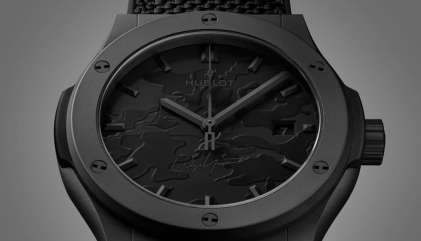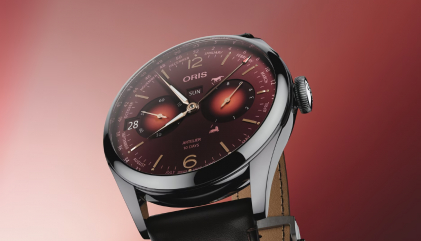WTI: What are your views on the SIHH and Baselworld coming together next year?
DN: There used to be a time, many years ago when they were hosted together, you know? That aside, I don't really care so much. This is the first time in 20 years that I didn't visit Baselworld. It used to be a very exciting fair, now not so much. Plus, SevenFriday does not identify itself as a watch brand. We are a lifestyle brand with a range of different products. The watch-only segment is just not dynamic enough for us, I feel.
WTI: When did you first realise that you wanted to do something of your own?
DN: I was in Australia and Asia for around ten years distributing various kinds of watch brands and I just got a little bit fed up and disillusioned. I felt in my own limited arrogance that they're not that better and wanted to try and do something of my own. I had a certain idea of what I wanted to do and how I wanted to do it, which was different from how it had been going on all this while. I'm not saying the others were wrong, but it just wasn't working for me. I wanted to create a brand and a company where I could work and would want to work. SevenFriday was just right for me.
WTI: Something you're always asked, I assume, why the name SevenFriday?
DN: It's precisely because of that. Imagine you get up on a Monday morning and it seems like a Friday, and then you get up on a Tuesday and it feels like a Friday. Basically every day of the week should seem like a Friday. Friday symbolises happiness for me so why can't we be happy everyday? Or at least try to be.
The weekend always implies that you don't work. But you can wear a SevenFriday to work and enjoy it as the same time. It symbolises the feeling of enjoying your work and every moment of life whilst not missing out on anything at the same time.
WTI: What inspired the industrial look-and-feel and the square shape of the case?
DN: Most of the watches are round-shaped, so that was something we wanted steer away from because the world was not waiting for yet another round watch. The idea was to do something completely different through and through. One was the name, second was the communication, and then there was the product design. The inspiration for that was the shape of the TV's from the 50's – 60's. See, when it comes to design one always tries to fuse the modern with the classic, to create a certain element of tension. So when you look at our watches, you're always discovering new elements and new details turning it into quite the journey.
WTI: Do you also collaborate with external designers or is it all taken care of in-house?
DN: No, till today we've done everything in-house. It just happened to be like that, that's all.
WTI: Which are you best markets?
DN: So, Asia is the number one market for us right now – particularly because the years of experience I've had there. When it comes to countries, the number one in terms of sales and growth is China, and in terms of focus it's China, India, Pakistan and the USA.
WTI: How is the Indian market different from the others?
DN: First of all, and I know people don't usually like to hear this, but when you look at consumers globally, I think there're a lot more similarities than we normally want to see. It's the retail, shopping environment which is completely different. That's where we need specialists for each region and that's why I listen to my local partners here. In my experience, you need to invest in the right local partner who really connects you to the local community and the local and cultural environment of that region. India has a big population but it's still slightly difficult to understand where the people come from some times and it's vital that that is understood.
WTI: Is there a specific strategy for the Indian market?
DN: I don't, but our partners have one. Normally what happens is, we develop a common global strategy and our local partners come and say, hey look, for the Indian market, it should be more like this and that. And then we try to change it as much as we can. We did an Indian edition about one and a half to two years ago and at the moment we just wanted to expand a little bit more. We have 28 point of sales currently which is probably going to reach 35 by the end of the year. Plus, we also just launched our SevenFriday space which defines what SevenFriday stands for. It helps us communicate the people of India what the brand really stands for.
WTI: What is the concept behind the new SevenFriday space in Mumbai?
DN: The idea is to make it the most accessible SevenFriday space in the world. You want a coffee? Drop in. Need to work? You're most welcome. It's really out there on the street, easily accessible and open to anyone who wants to do anything. We want to celebrate that accessibility and then get people to approach us and know us and our ideology better.
WTI: Who's the SevenFriday customer?
DN: Everybody. Honestly, I feel in terms of philosophy, we are something everybody will like. In terms of the product of course it varies, everybody has different tastes. Generally though, if I have to put a number to it, and this is just through social media statistics, our average age would probably be between 25 to 35 years old. That's one of the top clientele we have at the moment.
WTI: What drove you to use social media as your main platform at a time when the industry was still toying with the idea?
DN: I'll make it simple for you. When you don't have money, no investors, no bank debts (thankfully) and a huge eruption of creativity, you know that social media is one medium where you have nothing to lose. It was Instagram for us. Being a young brand, we don't have any history to keep referring back to. What we can focus on is building a future – and that only makes sense when you try these platforms which are free and don't do you any damage.
I remember when we first started in 2012, around the same time as the Instagram mogul for watches, WatchAnish. He went to Geneva and nobody wanted to work with him. Look at him now. Everybody wants to just keep paying him money. It's liberating, I feel, to do things freely and not being bound by conventions. This is another reason I don't want to be a part of the watch industry because they've been following the same ideology for n years and that's something which doesn't make sense to me.
WTI: What lies in the future of SevenFriday?
DN: Well we're always looking for something creatively disruptive. We did experiment with materials but it's not our main strategy. Our main strategy is our rejuvenating design and reaching out to our customer and proving to them again and again that we can surprise them each time without fail.





